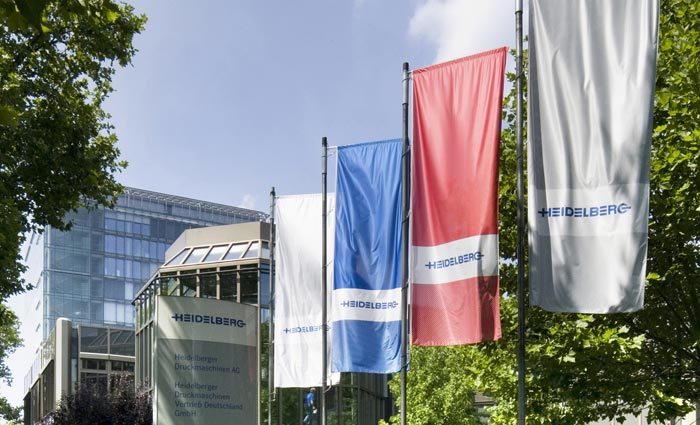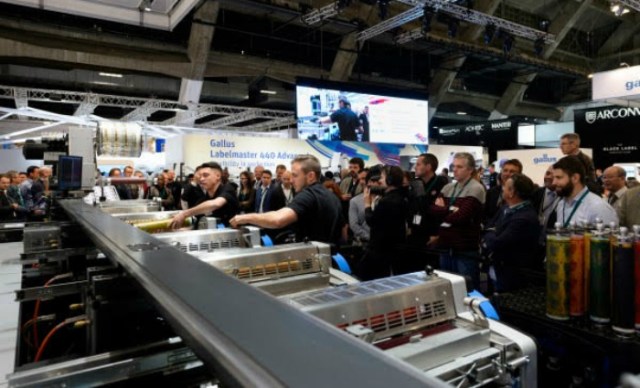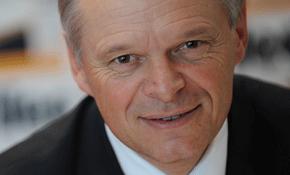
The German press manufacturer’s ‘Focus 2012’ initiative is designed to allow the company to reach €150m ($184m) earnings in the 2013/14 financial year.
In a statement released overnight, the company said: “The objective of the ‘Focus 2012’ efficiency program is to help significantly reduce capacities and costs at Heidelberg over the next two years.
“This will lay the foundation for positive business developments in response to the volatile environment and changing market requirements.”
Andy Vels Jensen, managing director of Heidelberg Australia & New Zealand, said he was not surprised by the announcement out of head office, particularly in light of the worsening economic situation in Europe.
“Germany is one of Heidelberg’s largest markets outside China. Once that falls apart, you have issues. Things have developed further in Europe: it is a bit more serious than it was a month ago and certainly more than two or three months ago.”
The statement also touched on positives, such as “stronger growth potential in emerging markets”, while Vels Jensen said the packaging sector “has been excellent”.
The insolvency of major competitor Manroland is expected to have upsides for Heidelberg in the longer term, but the situation was currently aggravating wider problems for print, according to the statement.
“The economic uncertainties have made the industry more reluctant to invest and resulted in weaker demand. The interim insolvency of a competitor is exacerbating this situation,” it said.
Vels Jensen agreed that the Manroland administration was affecting confidence and the outside perception of the printing industry.
“Manroland creates some opportunities but if you look at any big company going belly up, it also creates confusion and obstacles,” he said.
Of Heidelberg’s 2,000 potential job cuts, 800 are expected outside of Germany. While it is unclear how this will play out in Australia and New Zealand, local redundancies are on the cards.
“When you look at a situation where they are trying to find 800 jobs worldwide, we will have a share of it,” said Vels Jensen.
He added that the strong Australian dollar was not helping. “We are an expensive unit, not because of salary increases but because of the Reserve Bank.”
However, Vels Jensen said the local business had already cut its cloth.
“It is not as if we have been sitting and waiting for Focus 2012. We have been making changes. Now the question is whether it is enough. I couldn’t tell you at this point in time.
“From a services point of view, the vacancies in services we have had, we haven’t filled them where we haven’t had to. We can see from productivity of service staff when we can get by without filling the roles,” he added.
Comment below to have your say on this story.
If you have a news story or tip-off, get in touch at editorial@sprinter.com.au.
Sign up to the Sprinter newsletter



